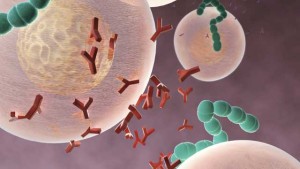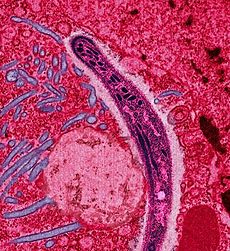Significance
Dry age-related macular degeneration (AMD) affects the vision of millions of people worldwide. There is currently no Food and Drug Administration–approved treatment for dry AMD. The inflammasome components NLRP3 and ASC have been implicated in the pathogenesis of dry AMD. We report that fluoxetine, which is approved for the treatment of clinical depression, directly binds the NLRP3 protein and prevents NLRP3-ASC inflammasome assembly and activation. Fluoxetine prevents the degeneration of retinal pigmented epithelium cells in an animal model of dry AMD. We also present evidence from a big data analysis of health insurance databases that fluoxetine use is associated with reduced risk of developing dry AMD. These studies identify a potential repurposing candidate for a prevalent cause of blindness.
Abstract
The atrophic form of age-related macular degeneration (dry AMD) affects nearly 200 million people worldwide. There is no Food and Drug Administration (FDA)-approved therapy for this disease, which is the leading cause of irreversible blindness among people over 50 y of age. Vision loss in dry AMD results from degeneration of the retinal pigmented epithelium (RPE). RPE cell death is driven in part by accumulation of Alu RNAs, which are noncoding transcripts of a human retrotransposon. Alu RNA induces RPE degeneration by activating the NLRP3-ASC inflammasome. We report that fluoxetine, an FDA-approved drug for treating clinical depression, binds NLRP3 in silico, in vitro, and in vivo and inhibits activation of the NLRP3-ASC inflammasome and inflammatory cytokine release in RPE cells and macrophages, two critical cell types in dry AMD. We also demonstrate that fluoxetine, unlike several other antidepressant drugs, reduces Alu RNA–induced RPE degeneration in mice. Finally, by analyzing two health insurance databases comprising more than 100 million Americans, we report a reduced hazard of developing dry AMD among patients with depression who were treated with fluoxetine. Collectively, these studies identify fluoxetine as a potential drug-repurposing candidate for dry AMD…







